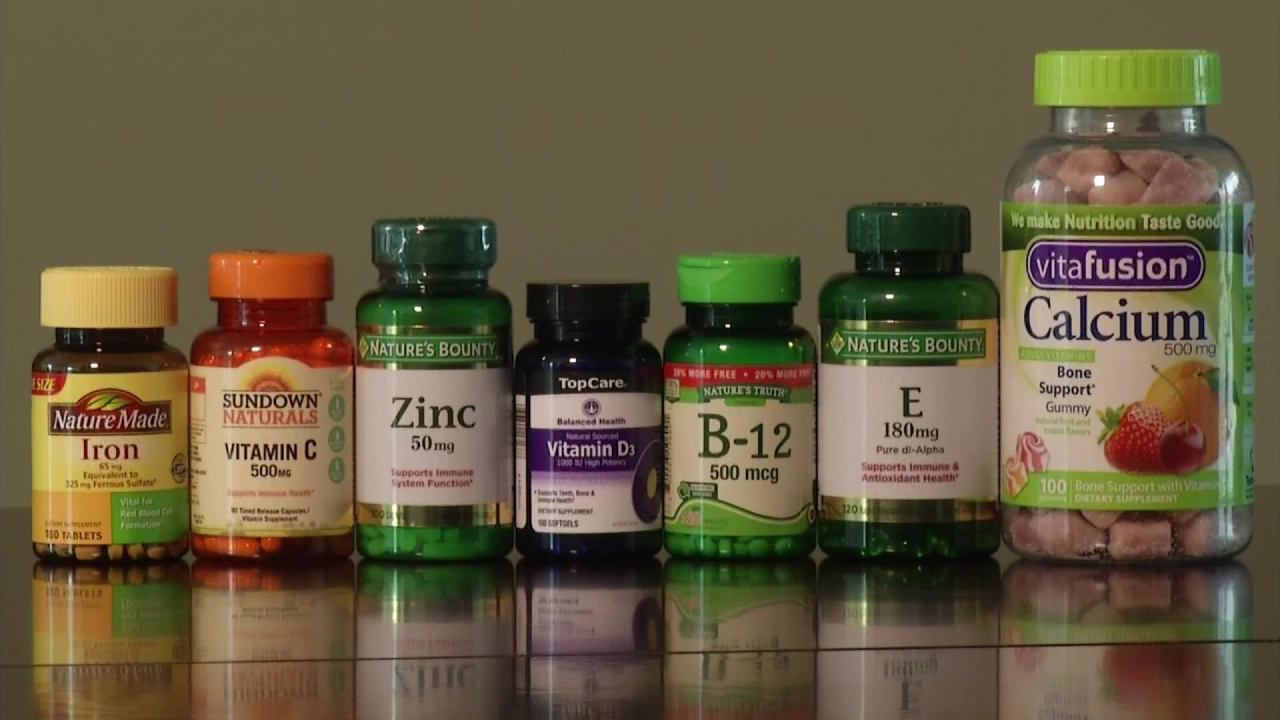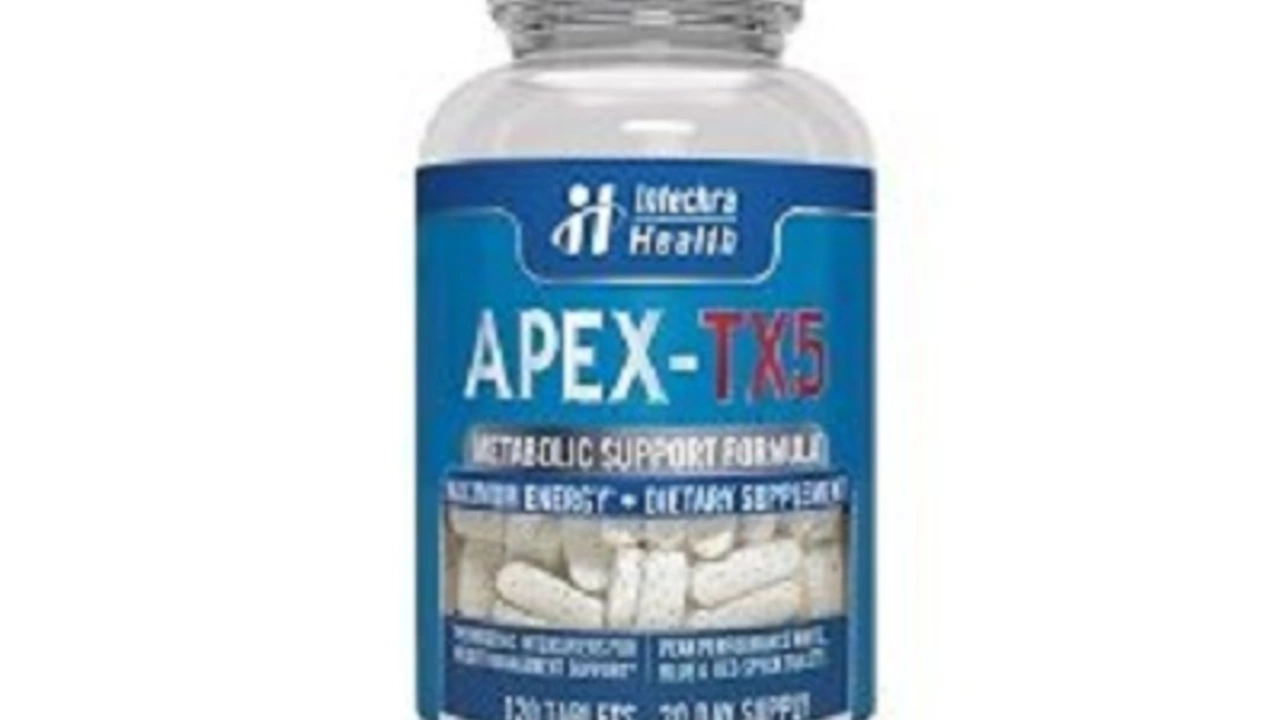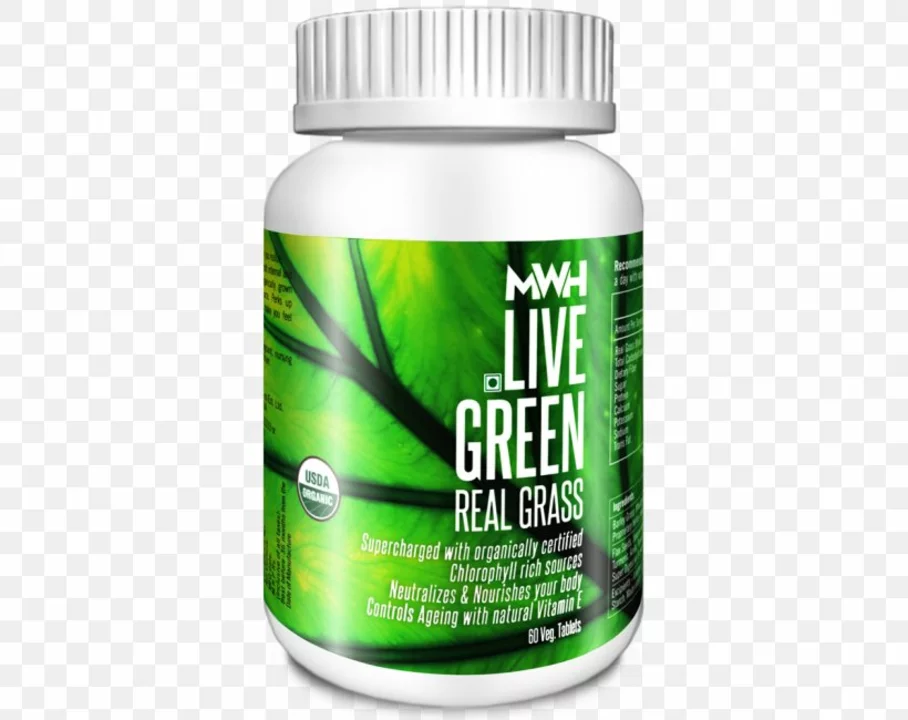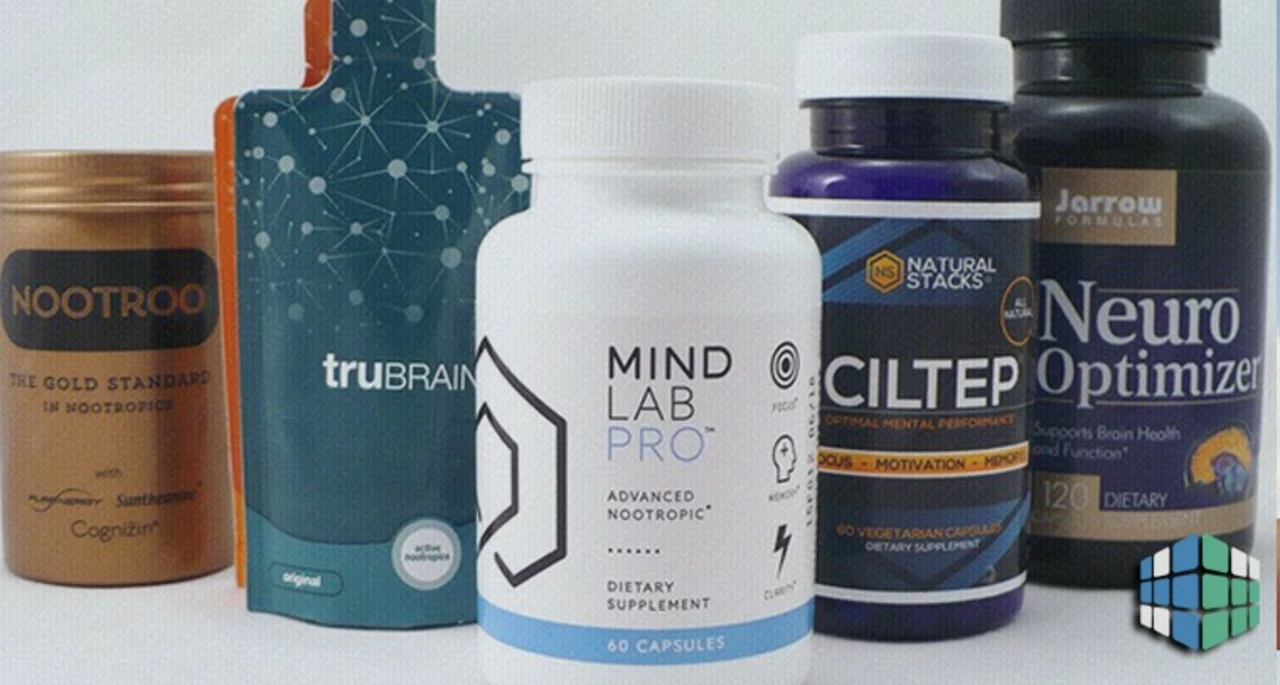Dietary Supplement: How to Choose, Use, and Buy Safely
Not all supplements are what they claim. Independent testing often finds wrong doses, contaminants, or fake ingredients. Before you grab a bottle, learn a few quick habits that save money and keep you healthy.
What to check before buying
Start with the label. Look for the exact ingredient (not a vague "proprietary blend"), the amount per serving, and the number of servings. Third-party seals matter—USP, NSF, or ConsumerLab mean the product was tested for purity and dose. If the seller can't show batch numbers or lab reports on request, walk away.
Ask why you want the supplement. Vitamin D, omega-3, and certain probiotics have clear uses for many people. Other products—herbal boosters, exotic extracts—often have weak or mixed evidence. If you're replacing a nutrient after a blood test, follow the dose your clinician recommends. If you want performance or hormone effects (like tribulus terrestris), expect limited proof and watch for side effects.
Safety rules and drug interactions
Supplements can interact with prescription drugs. St. John's wort lowers some heart and antidepressant meds. High-dose vitamin K affects blood thinners. Tell your doctor or pharmacist everything you're taking, including herbs and high-dose vitamins.
Special groups need extra caution: pregnant or breastfeeding people, children, and people with serious health conditions should avoid herbal high-doses or untested products unless a clinician approves. Older adults should check for added minerals that can build up over time, like iron or copper.
Watch for red flags: promises of quick cures, huge doses, celebrity endorsements with no data, and products that list vague "proprietary blends"—these hide exact amounts and can mask low-quality fillers.
Some common supplements and what to expect: vitamin D helps people with low levels; omega-3s (EPA/DHA) support heart health when taken at recommended doses; probiotics can help some forms of diarrhea and gut issues, but strains matter; tribulus terrestris is popular for libido claims but evidence for boosting testosterone is weak; star anise and American chestnut are traditional botanicals with limited clinical proof—make sure species and purity are verified.
Storage and dosing matter. Keep pills dry, away from heat, and use by the expiration date. Don’t assume "more is better"—megadoses can cause harm. Start at the lowest effective dose and re-evaluate after a set period (4–12 weeks depending on the product).
Buying online: choose sellers with clear contact details, transparent shipping and return policies, and visible lab testing. Avoid sites that sell prescription drugs as "supplements" or that require no medical history for strong products. If a deal looks too good, it often is.
Quick checklist before you buy: readable label, third-party test seal, clear seller contact, no proprietary blend if dose matters, and a plan to check interactions with your healthcare provider. A little homework up front prevents most problems and helps you spend on supplements that actually do something for you.





